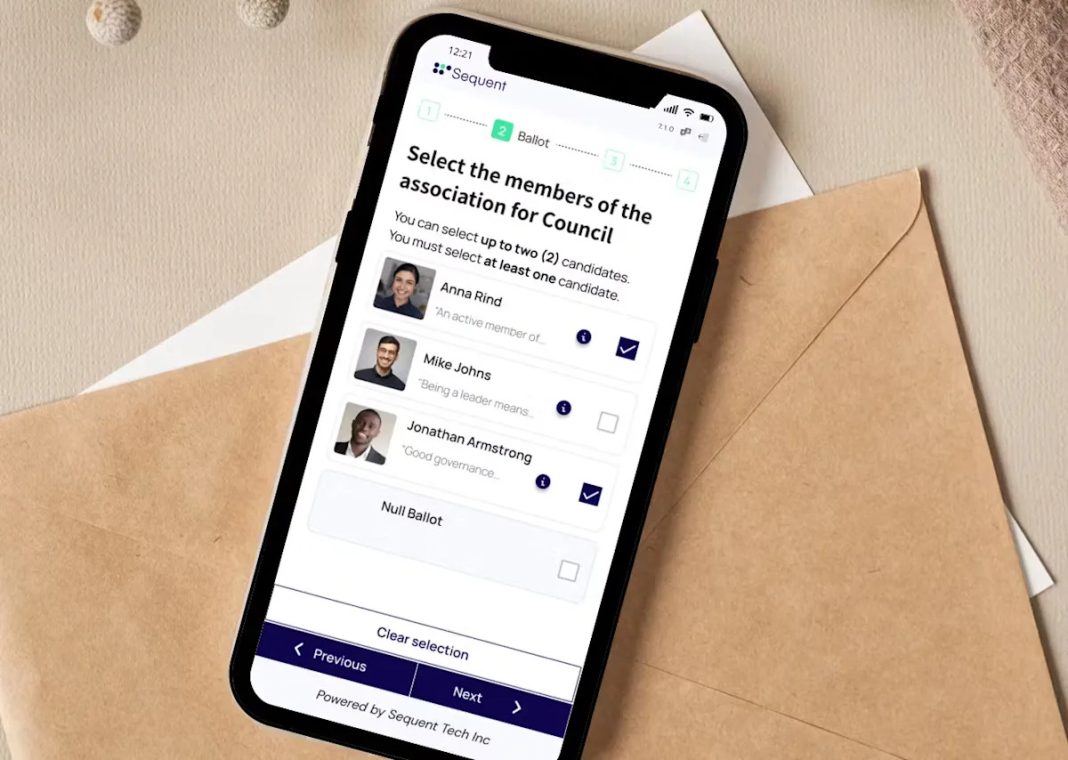Trump’s renewed pledge to ban mail-in ballots in US elections lacks an alternative plan and authority — this power lies with Congress and state leaders — but it does bring into focus how technology could rise to the challenge.
Shai Bargil, the CEO of Israeli online voting platform Sequent, believes the US is only a few years away from offering mobile device voting for overseas individuals and voters in major cities. It’s one of the few issues that may bring the left and right together. Democrats want expanded voting access to underserved communities, and Republicans want authentication methods. Sequent uses a cryptographic system, which encrypts responses and uses mathematical proofs to ensure votes are counted correctly. Users vote through a website, where they also verify their identity using biometric or multi-factor authentication methods. The code is open source, and the vote count is auditable.
In May, 1.2 million overseas Filipinos cast their ballots in the Philippines’ national election using Sequent’s voting system. More than 200 municipalities in Ontario, Canada, will offer online voting through Sequent in 2026, Bargil said. He expects to begin piloting it for overseas US citizens next year.

